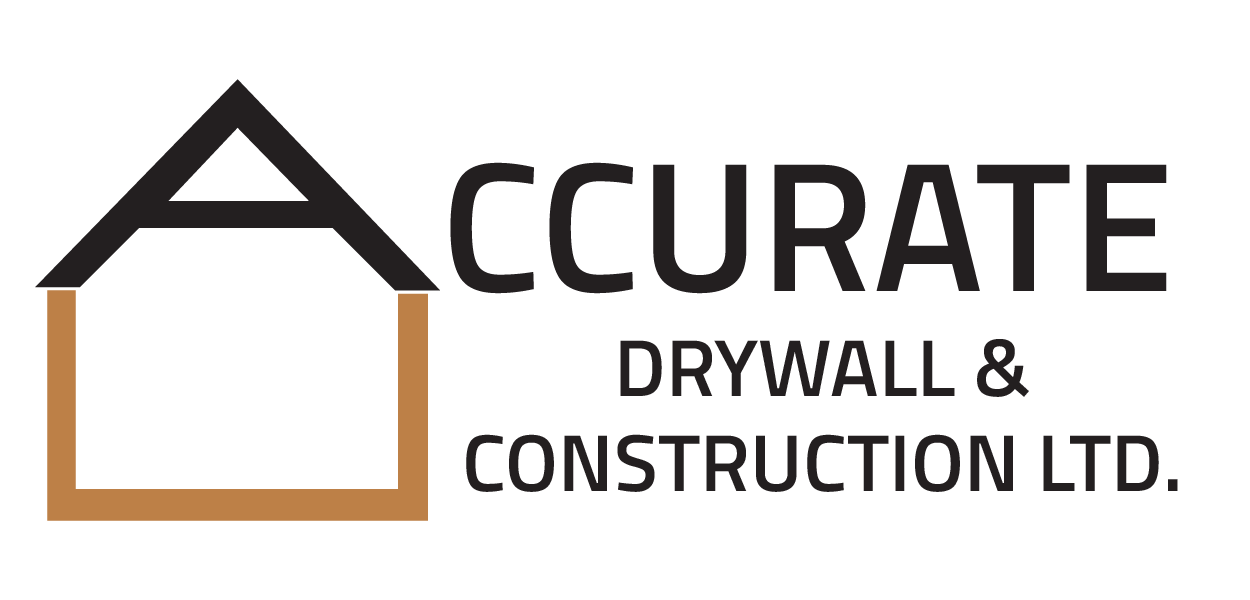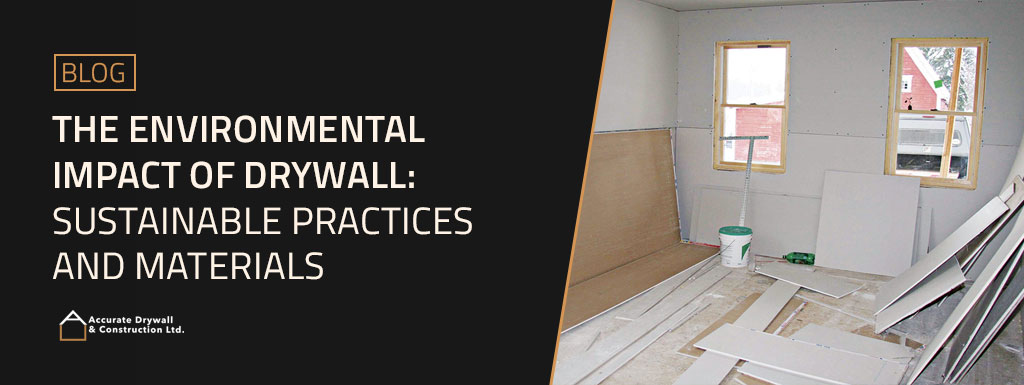The Environmental Impact of Drywall: Sustainable Practices and Materials
Drywall, a ubiquitous material in modern construction, plays a pivotal role in the building industry. However, its production and disposal present significant environmental challenges, including resource consumption and waste generation. Recognizing these impacts, the industry is moving towards more sustainable practices and materials, aiming to mitigate the environmental footprint of drywall. This article explores the environmental aspects of drywall and highlights how sustainable practices and innovative materials are making a difference, with insights from industry leaders like Accurate Drywall & Construction Ltd.
Understanding the Environmental Impact
The traditional manufacture of drywall involves the extraction of gypsum, a mineral that, while abundant, requires significant energy to mine and process. The production process also emits carbon dioxide, contributing to greenhouse gas emissions. Additionally, the disposal of drywall can lead to environmental issues, as it can release hydrogen sulfide gas in landfills, a byproduct of gypsum breakdown under anaerobic conditions.
Advancements in Sustainable Drywall Production
In response to these challenges, manufacturers are adopting more sustainable practices, including the use of recycled materials. Recycled drywall products incorporate post-consumer and post-industrial gypsum, reducing the need for virgin resources and diverting waste from landfills. Furthermore, some companies are exploring the use of synthetic gypsum, a byproduct of flue-gas desulfurization in power plants, which turns a waste product into a valuable resource for drywall manufacturing.
Eco-Friendly Drywall Materials
The shift towards sustainable materials is evident in the emergence of eco-friendly drywall alternatives. These include panels made from recycled paper, agricultural waste, or other renewable resources, offering comparable performance to traditional gypsum board with a lower environmental impact. Innovations such as plant-based binders and natural fire retardants are also being developed, further reducing the ecological footprint of drywall products.
Reducing Waste Through Recycling and Reuse
Waste reduction is a key aspect of sustainable drywall practices. The construction and demolition sectors are encouraged to participate in drywall recycling programs, where used drywall is collected and processed for reuse in new products. This circular approach not only conserves resources but also minimizes landfill waste and the associated release of harmful gases. Companies like Accurate Drywall & Construction Ltd. play a crucial role in supporting these initiatives by implementing recycling and waste management practices in their projects.
Sustainable Installation and Disposal Practices
Beyond the materials themselves, sustainable installation and disposal practices are essential. This includes optimizing drywall usage to minimize offcuts, using dust-reducing technologies during sanding, and adhering to responsible disposal guidelines. For instance, ensuring that drywall waste is appropriately sorted and sent to facilities capable of recycling or safely disposing of it can significantly reduce its environmental impact.
The Role of Industry and Consumers
The move towards sustainability in the drywall industry requires the collective effort of manufacturers, construction companies, and consumers. Manufacturers must continue to innovate and produce more sustainable products, while construction professionals, including those at Accurate Drywall & Construction Ltd., are tasked with implementing eco-friendly practices throughout the construction process. Consumers also play a vital role by demanding greener buildings and supporting companies that prioritize environmental responsibility.
Conclusion
The environmental impact of drywall is significant, but through sustainable practices and materials, the industry is making strides towards reducing its ecological footprint. Innovations in recycling, eco-friendly materials, and waste reduction are paving the way for a more sustainable future in construction. As industry leaders like Accurate Drywall & Construction Ltd. adopt and advocate for these practices, they not only contribute to environmental conservation but also set a standard for responsible construction. The journey towards sustainability is ongoing, but with continued innovation and collaboration, the drywall industry can achieve a balance between meeting construction needs and preserving our planet for future generations.
Contact us Today or visit our FB page.



